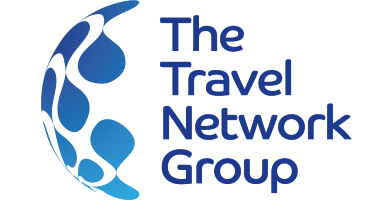1. Travel Market
Travel Market
Why read this section? Like any market, the travel industry has divided itself into different sectors and has different types of companies. The first section introduces you to the travel market and its lingo. It then helps you think about what your business will do for your customers.
What you need to know before you read this section: Nothing!
Travel Market Sectors – The travel market is divided into the following market sectors. Hopefully these are self explanatory.
- Luxury
- Business travel
- Mass market
- Cruise
- Rail
- Speciality/ Activity/ Sports
- Ski
- Niche markets
Types of Travel Company: The travel market categorises companies into:
So what is it that your business will do for your customers?
The term customer proposition used to mean what you do for the customer at what price and place. This section asks some searching questions to help you clearly define the customer proposition. While this is primarily written for end consumer propositions, it also applies where your customer is another business.
Before we get into that make sure that you are aware of the three types of business that exist- scale, niche or tailored. Your start-up business will have to compete with the established large companies. Much of the established market will be catered for by scale companies like TUI and Thomas Cook. While you can compete head on, having a niche or tailored proposition can help you compete more effectively.
To become clear about your business proposition, ask yourself whether your idea is a copy of what other business can provide now, also known as a me too business. If your idea would be a me too business then it may be harder to succeed. Also keep in mind how simple the differentiation can be. For example, I like businesses run by people who are passionate and interested in what the business does. For me, that alone can differentiate a business, and it is incredibly rare in large businesses.
Finally, describe the business proposition in a few statements that explain what it is and hopefully brings out any differentiation. As an example:
- Provides very challenging skiing for those bored with a black run
- Tours are run by ex competitive skiers
- Provides sports massage as part of the standard package at the accommodation venues
Hopefully, by now you will have a clearer idea of what your business will do for your customers and what type of differences there are from the established travel companies.
Tour Operator
A tour operator buys, or owns in some cases, a high volume of travel services across carriers, accommodation and services. These services are then assembled into packages for purchase by the consumer. The packages are sold via travel agents or through the phone and internet. A good example of a tour operator is Thomas Cook.
Given the scale at which tour operators buy, and the breadth of their business it is unlikely to be an option for a start-up company.
Tour Organiser
A tour organiser pulls together packages from a range of suppliers to create specific types of holiday. This package may be a package created by another company or a dynamic package, which has been created individually for each booking. The package is typically sold direct to the customer using direct marketing and the phone or internet.
Becoming a tour organiser will require a network of suppliers to cover carriers, accommodation and services. Once this network is in place the challenge of marketing and selling the tours in a viable way, needs to be met. It remains a good option to enter the travel industry as the start up costs are relatively low and the breadth of the start-up business is narrow.
Retail Agent, Travel Agent
A retail agent otherwise known as a travel agent was for many years the only public face of the travel industry. They sold packages from brochures. Some travel agents were tied or owned by a tour operator. Others were independent, sourcing packages from tour operators and tour organisers.
In many ways, travel agents are very similar to tour organisers. For me, the difference is that a travel agent builds the business around their retail space, traditionally selling standard packages.
This is a different emphasis from a tour organiser who is less likely to base the business around retail space and is more likely to tailor packages to suit individual groups of customers. However, that said, a tour organiser could be based around a shop, and a travel agent could concentrate on tailoring packages.
Becoming a travel agent requires access to package providers, the ability to run marketing campaigns and a retail outlet. While the set up costs may well be higher than a tour organiser, due to the cost of the retail space, it is a viable start-up option.
Brokers & Flight Consolidators
Within the travel industry the term ‘broker’ is used to mean a company that buys or has access to a high volume of accommodation places. These are sold on to tour operators, tour organisers and others.
The term ‘flight consolidator’ is a company that buys a high volume of flights from one supplier or a high volume of services across many suppliers and then sold on to tour operators, tour organisers and others.
Becoming a broker or flight consolidator requires the network of service providers or a network of tour operators where the broker is buying a large number of services from one supplier and selling them on to tour operators in smaller numbers. It will be an option as a start-up business.
Suppliers
Suppliers provide a specific service that is either sold independently or then combined into a package by other companies. Airlines are the most visible example of suppliers. At the other extreme there are accommodation suppliers who own a small number of properties that are rented out.
Becoming a supplier is dependent on having the asset to supply. It is an option as a start up business although most supply is either owned by or distributed by larger companies.
Scale, Niche or Tailored
Broadly speaking there are three types of business:
- Scale: a business which is competitive because it gets the benefits of being large. For example, it is able to negotiate better rates with suppliers because the suppliers are highly dependent on the business. The tour operators are examples of scale operators within travel
- Niche: a business which is competitive because it caters specifically for a relatively small part if the market. If successful, for the customers in the niche, the specialist is able to offer something of more value than the scale businesses. The specialised tour organisers or specialised travel agents are examples
- Tailoring: a business which is competitive as it can tailor its product or service in a way which is attractive to the market. As with niche, success relies on the tailoring to add value over and above the scale service
Sometimes the distinction between niche and tailoring becomes blurred. Taking the example of a hypothetical ski tour organiser:
If the ski tour organiser specialises in say, off piste adventure skiing, then it is appealing to a specific section of skiing customers and so is a niche business. Its success is based on those advanced skiers being willing to pay more for the off piste element of the holiday. The rest of the package may well be a standard package.
Another hypothetical ski tour organiser specialises in say adapting the ski holiday around families. For example catering for those, like my parents, that want to travel with skiers and not ski. The key to the success of this business is adapting the standard elements of the package around skiers and non skiers.
Nothing new is added, but the access to the non ski elements needs to be better presented and organised. The success of this is having consumers who are willing to pay more for standard package elements and options pulled together in a very specific way. This is a tailored business.
In both of these examples, the majority of the holiday is offered by the larger scale businesses but in a less flexible way. The reason for putting you through that distinction is that start-ups have to compete with the established large companies. Much of the established market will be catered for by scale companies like TUI and Thomas Cook. While you can compete head on, having a niche or tailored proposition can help you compete more effectively.
Me Too Customer Proposition
Is your idea a me too customer proposition? First answer each of the following questions:
- Will it appeal to a specific type of customer, in a way that the mass market does not?
- Does it utilise rare services, like off piste skiing from the example above?
- Do you have access to a specific set of customers, with common travel desires, who you could attract as customers?
The classic example of this being a shop front in a good location, as the shop front can be the key where customers like personal contact.
A second example would be belonging to a special interest group. I recently read about a successful niche travel business that provides tours to see opera. - Would your company be the only company providing your proposition?
- Do I have a good personal knowledge of a specific product or market? If so, is this the core for my business. For example, offering a high service level to customers?
- Is there a specific demographic that it will appeal to- for example, Saga holidays?
- Will the traveller have access to specific expertise or like-minded people. An example could be ski trips organised and run by expert skiers?
If you can answer yes to at least one question then it’s not just a me too idea.


